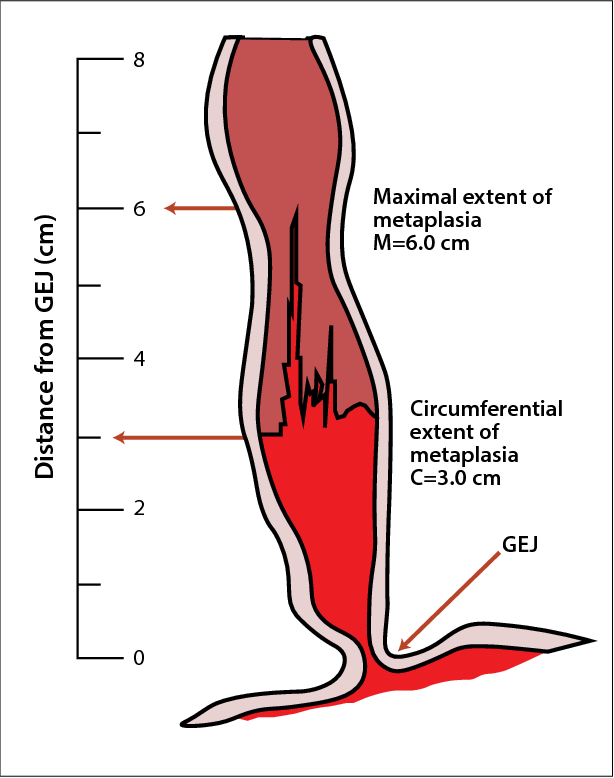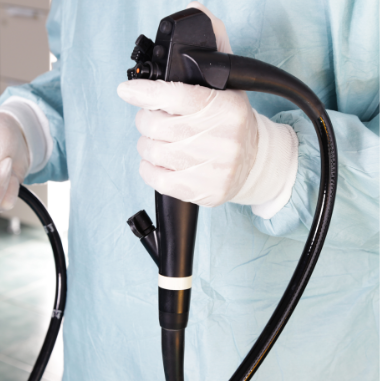Gastro-oesophageal reflux disease occurs when acid that is normally in the stomach moves from the stomach to the oesophagus and causes symptoms. The common symptoms are “heartburn” or an acid sensation or discomfort in the mid-chest or upper abdomen. Non-medication measures include weight reduction, avoiding your “trigger” foods, raising the head of the bed, and avoiding late or large meals. On-demand treatment such as antacids can often be helpful. Frequent or severe symptoms may be better treated with proton pump inhibitors (PPIs) such as Nexium, Somac or Pariet. Reducing the doses of PPIs over time is recommended to minimise possible side-effects. A long-term management plan will be discussed during your consultation. Upper gastrointestinal endoscopy (gastroscopy) might be needed to identify the possibility of other pathology. Gastroscopy is performed as “day stay procedure” under a light general anaesthetic.







